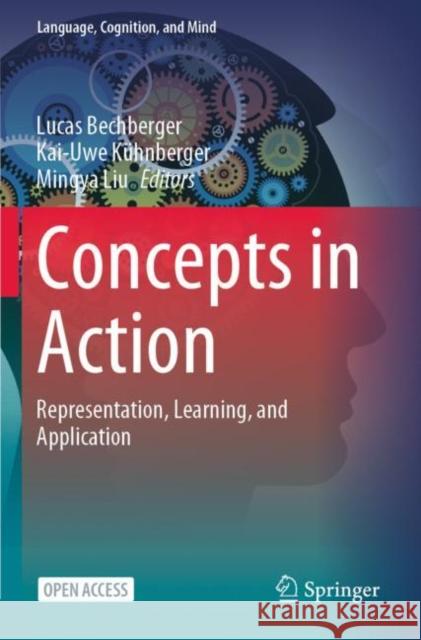Concepts in Action: Representation, Learning, and Application » książka
topmenu
Concepts in Action: Representation, Learning, and Application
ISBN-13: 9783030698256 / Angielski / Miękka / 2021 / 194 str.
Concepts in Action: Representation, Learning, and Application
ISBN-13: 9783030698256 / Angielski / Miękka / 2021 / 194 str.
cena 160,99
(netto: 153,32 VAT: 5%)
Najniższa cena z 30 dni: 154,18
(netto: 153,32 VAT: 5%)
Najniższa cena z 30 dni: 154,18
Termin realizacji zamówienia:
ok. 16-18 dni roboczych.
ok. 16-18 dni roboczych.
Darmowa dostawa!
Kategorie:
Kategorie BISAC:
Wydawca:
Springer Nature Switzerland AG
Seria wydawnicza:
Język:
Angielski
ISBN-13:
9783030698256
Rok wydania:
2021
Wydanie:
2021
Numer serii:
000777778
Ilość stron:
194
Waga:
0.29 kg
Wymiary:
23.39 x 15.6 x 1.12
Oprawa:
Miękka
Wolumenów:
01
Dodatkowe informacje:
Wydanie ilustrowane











